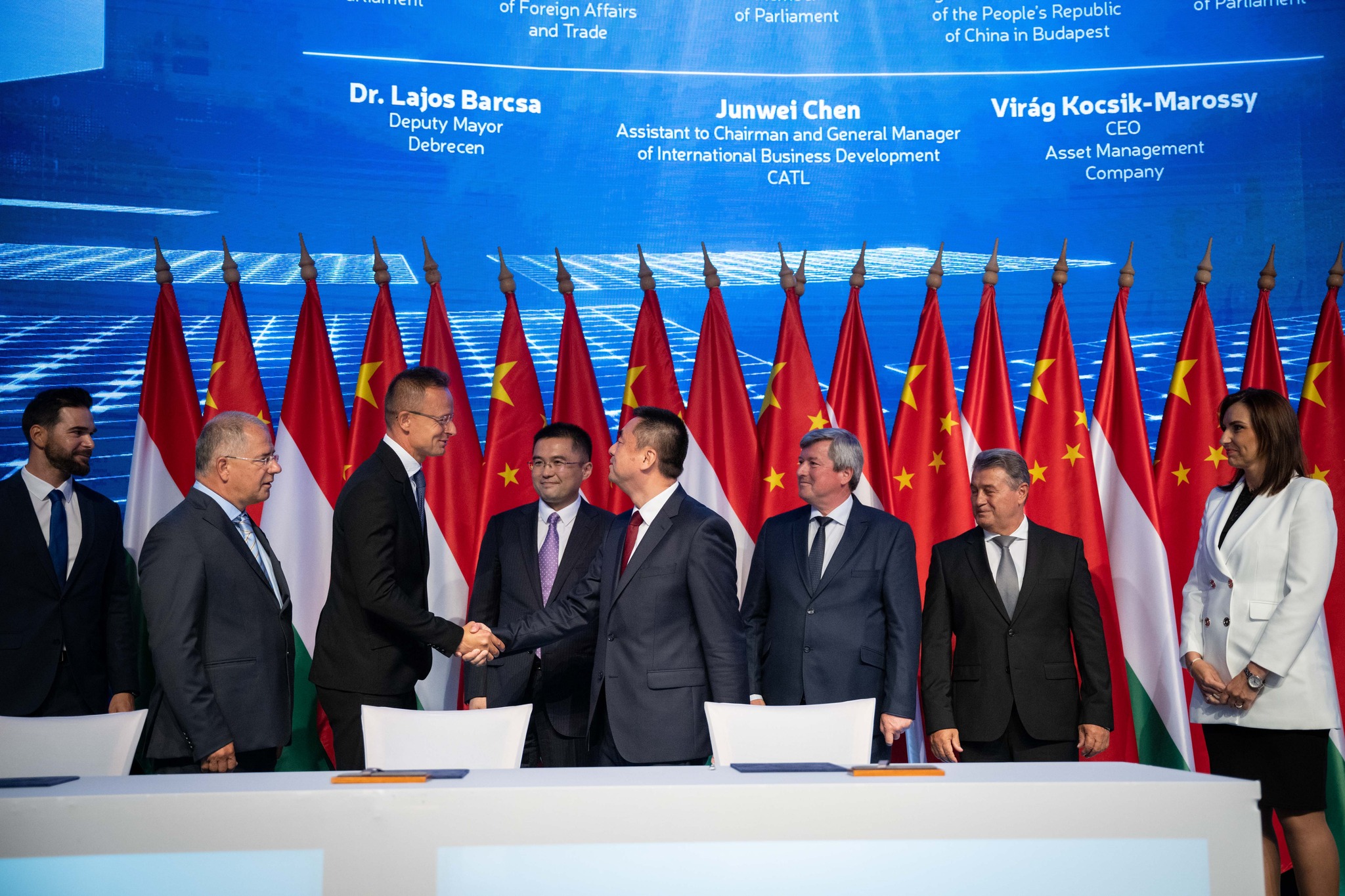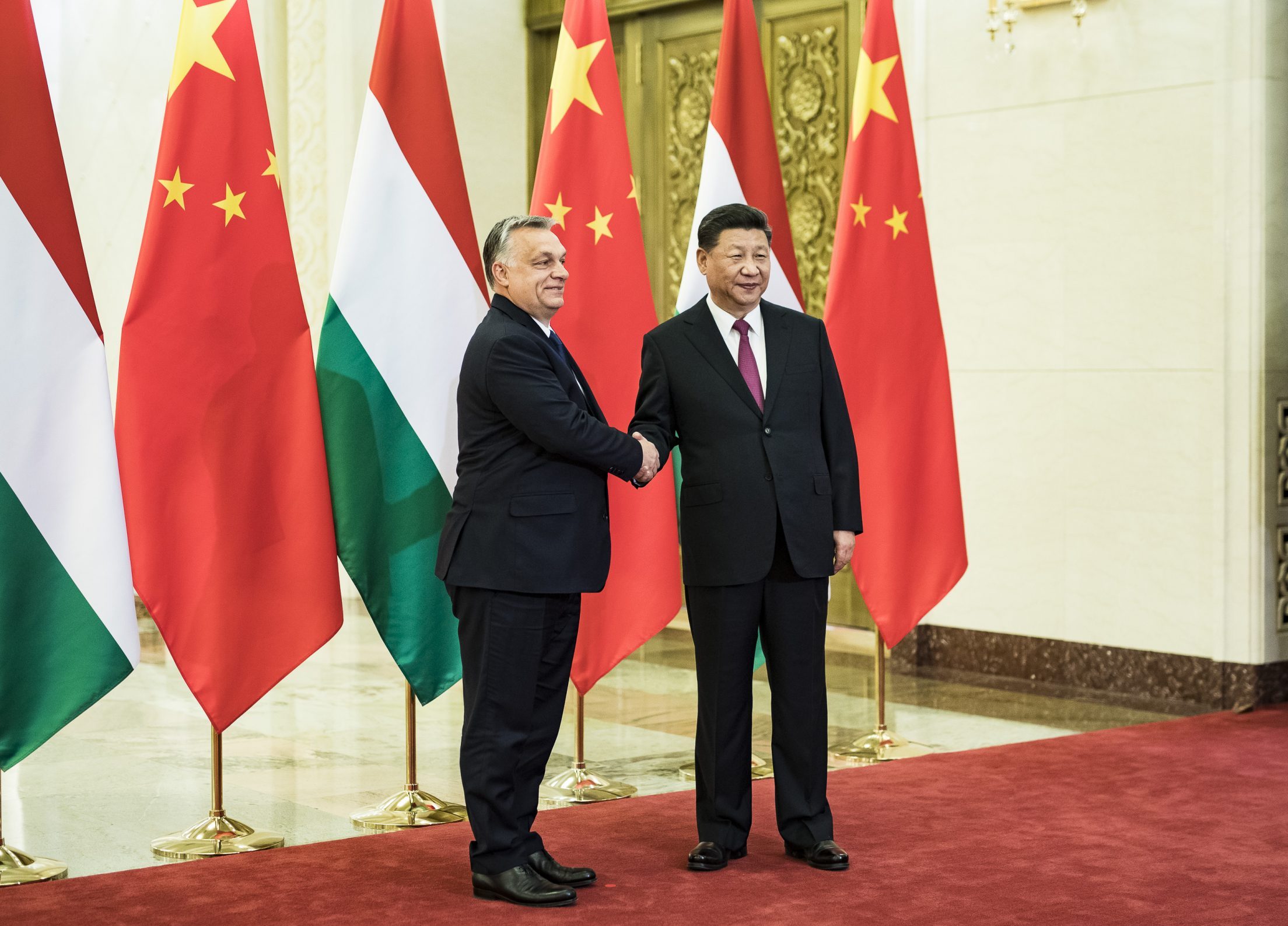
Foreign Minister Péter Szijjártó welcomed Beijing's support in boosting foreign investment.Continue reading

Hungary’s “Opening to the East” strategy is a sign that the Orbán government has recognized the transformation of the world order, and that is why it has raised Chinese-Hungarian relations to a new level, according to China expert Levente Horváth.
“We are witnessing a transformation of the world order. The center of gravity of the world economy is shifting to the East, and the unipolar world order following the Cold War is changing into a multipolar world order,” the director of the Eurasia Center at John von Neumann University writes in an op-ed published in China Daily.
We sail under the Western flag, but today an eastern wind is blowing in the world economy,”
Levente Horváth quoted Hungarian Prime Minister Viktor Orbán from 2010. He pointed out that since the start of the “Opening to the East” strategy, political, economic, and cultural relations between Hungary and China have become significantly stronger.
According to the expert, there are essentially five main elements to taking relations to a new level.
Chinese companies are choosing Hungary, because in addition to “Hungary’s geographical location in the heart of Europe, the important factor is that Hungary’s political and economic situation is stable, and thus Hungary offers Chinese companies predictability and a stable business environment,” Levente Horváth points out.
Featured photo via Miniszterelnök.hu/Szecsődi Balázs/Miniszterelnöki Sajtóiroda